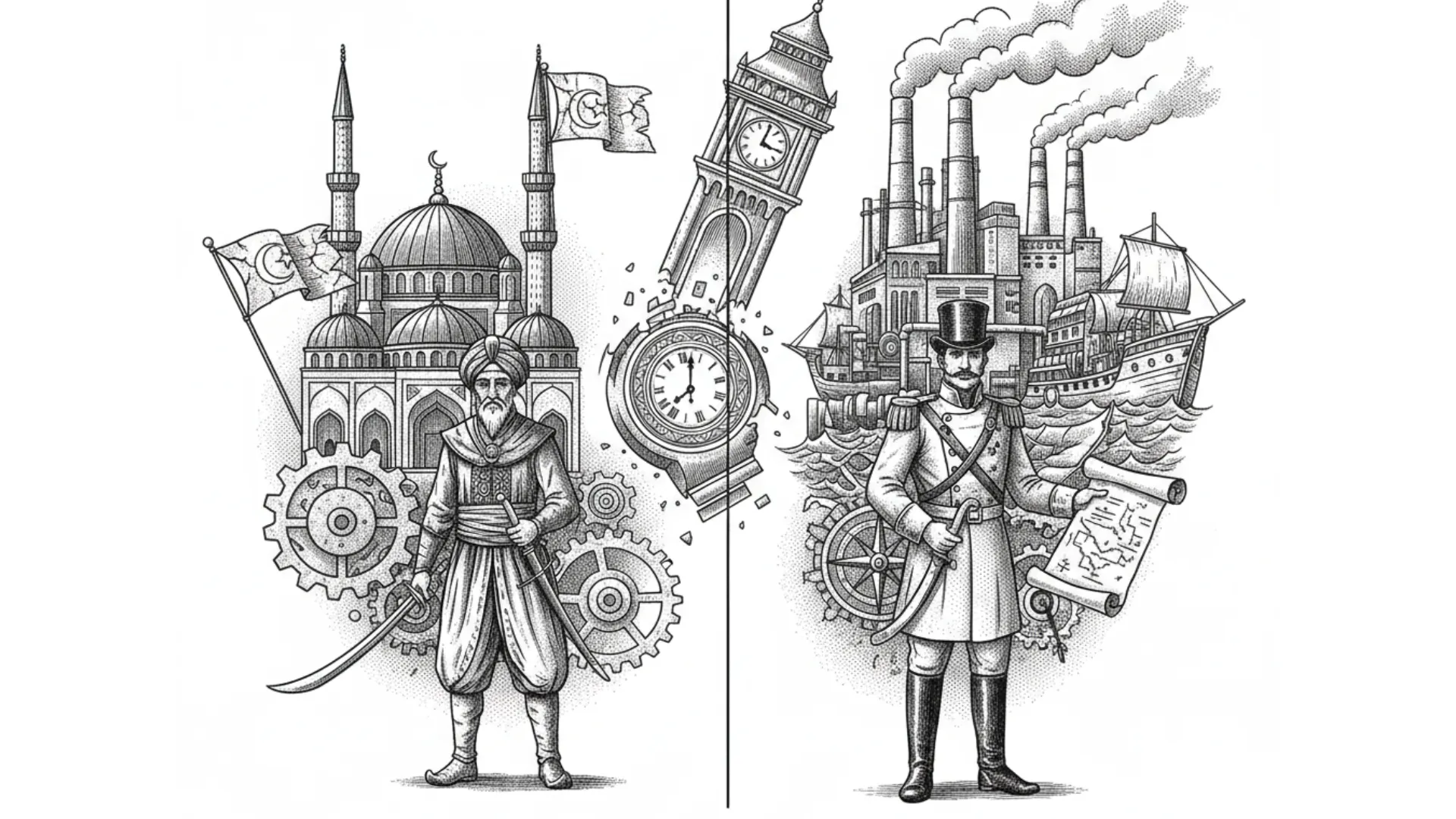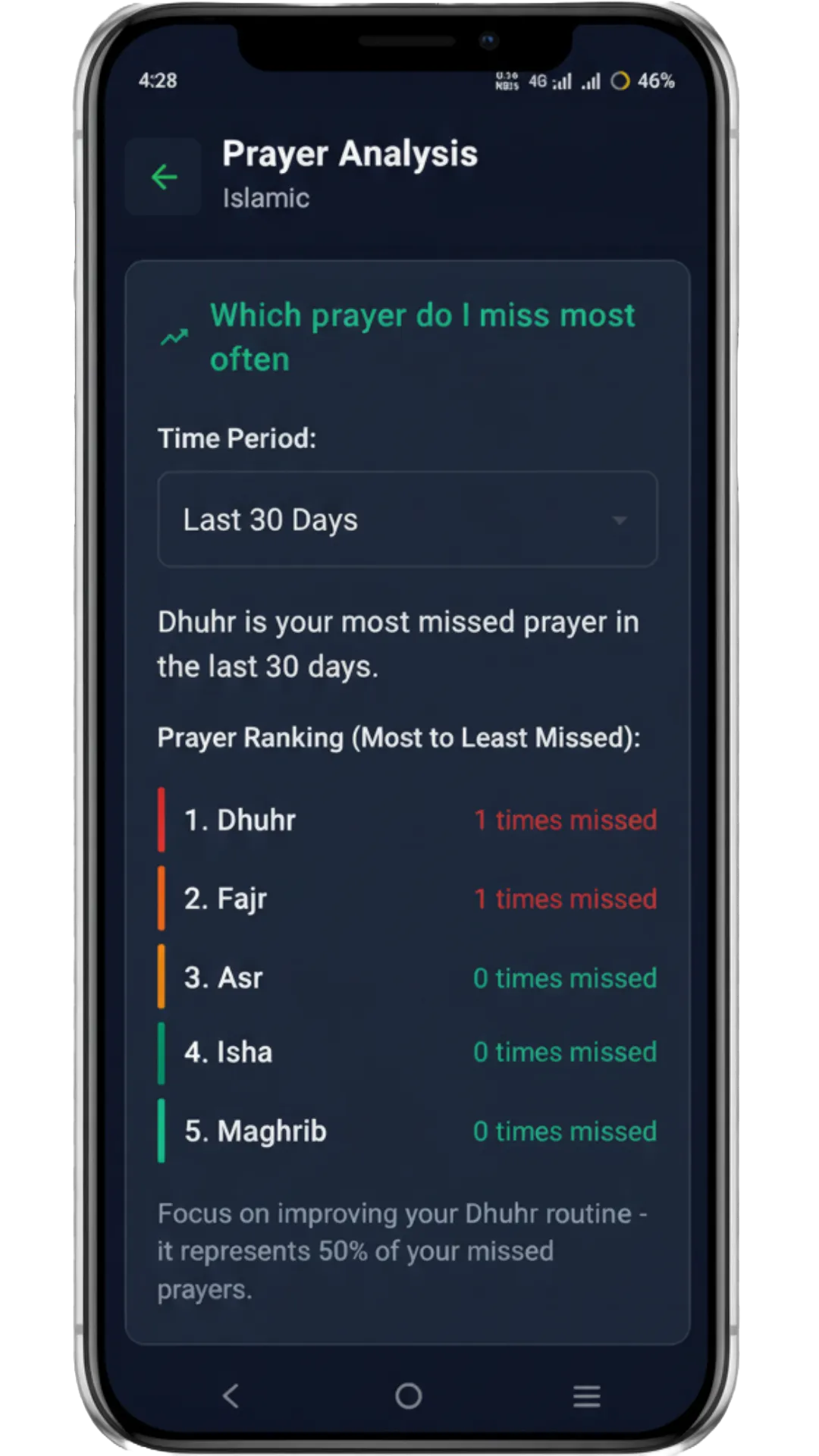It is one of history’s most painful questions.
How could the Ottoman Empire—the shield of the Ummah, the inheritor of a thousand-year-old Caliphate, the guardian of Makkah and Madinah—stand by as European powers swallowed Muslim lands one by one?
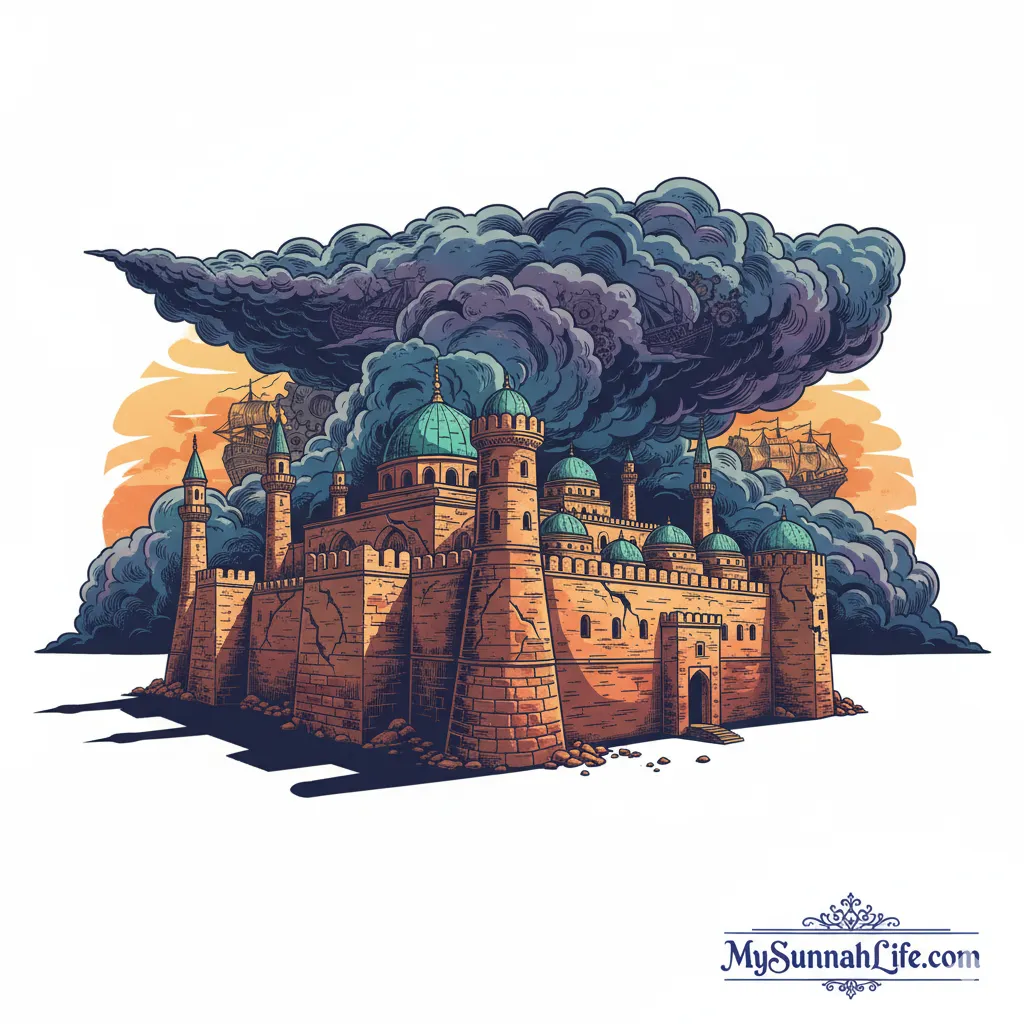
How did the descendants of the men who conquered Constantinople become spectators to the colonization of India, Algeria, Indonesia, and Egypt?
The simple answers are known to all.
They tell us of military decay, of rusting cannons and outdated ships. They speak of economic stagnation, of capitulations that bled the empire dry. They point to political corruption and the rise of destructive nationalism.
These are all true. But they are merely the symptoms of the disease. They are the yellowing leaves on a great, dying tree.
Deedly
Advanced Prayer Tracker
Never miss your Salah again! Deedly is an advanced prayer tracking app designed for Muslims who struggle to maintain their daily prayers. Keep track of every prayer, build consistent habits, and strengthen your connection with Allah.
The real reason—the untold secret—lies not in the branches, but deep within the roots. It is the story of a civilization whose heart, whose central engine, had stalled.
The Engine of a Golden Age
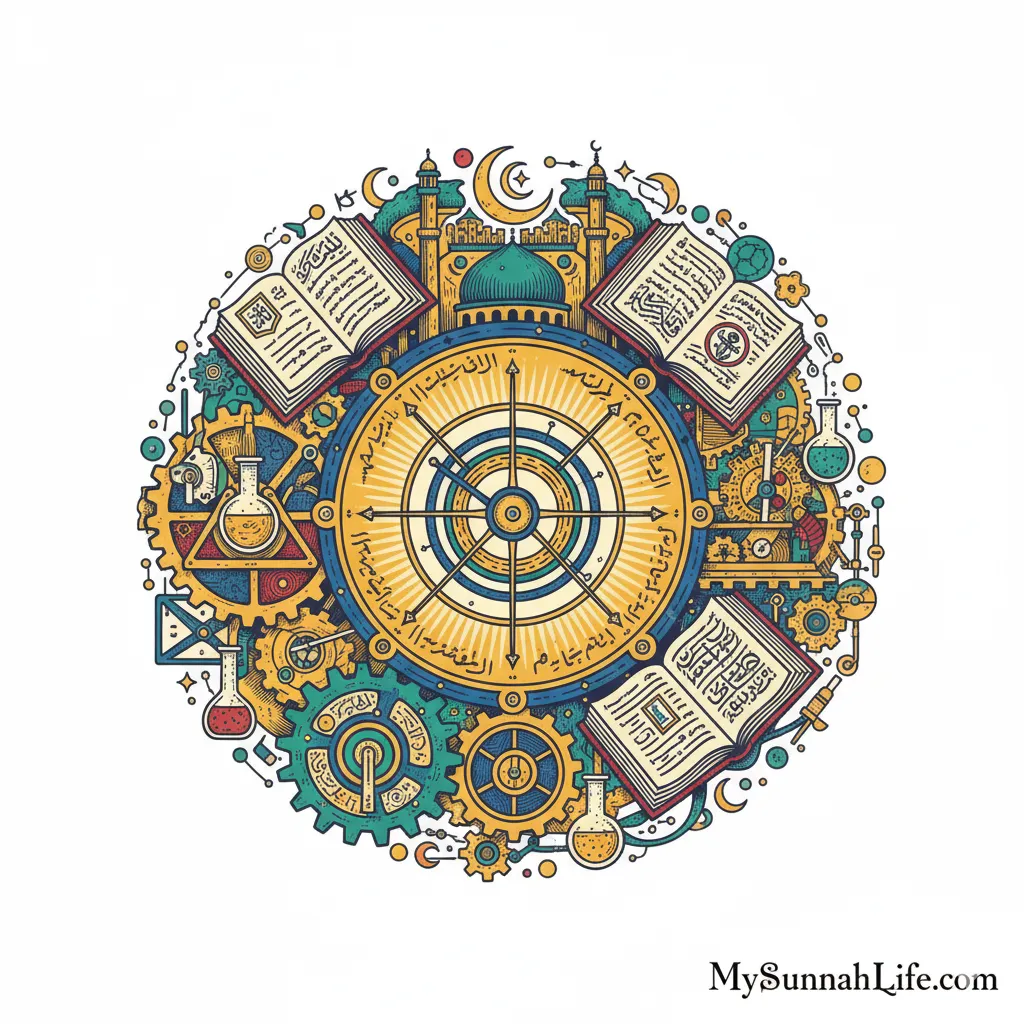
What was the engine that powered the Islamic world for its first 800 years?
It was a perfect, seamless fusion of Deen (Religion) and Dunya (Worldly Life). The early Muslims understood that there was no separation. To invent algebra was an act of worship. To map the stars was to map the signs of Allah. To build hospitals, establish libraries, and pioneer new forms of trade were all expressions of faith.
Seeking knowledge—’ilm—was a sacred duty. The ink of the scholar was considered as holy as the blood of the martyr. This belief created a civilization that was spiritually devout and technologically, scientifically, and culturally supreme. It was an engine that ran on the fuel of Imaan (faith) to produce unparalleled worldly progress.
The Great Divorce
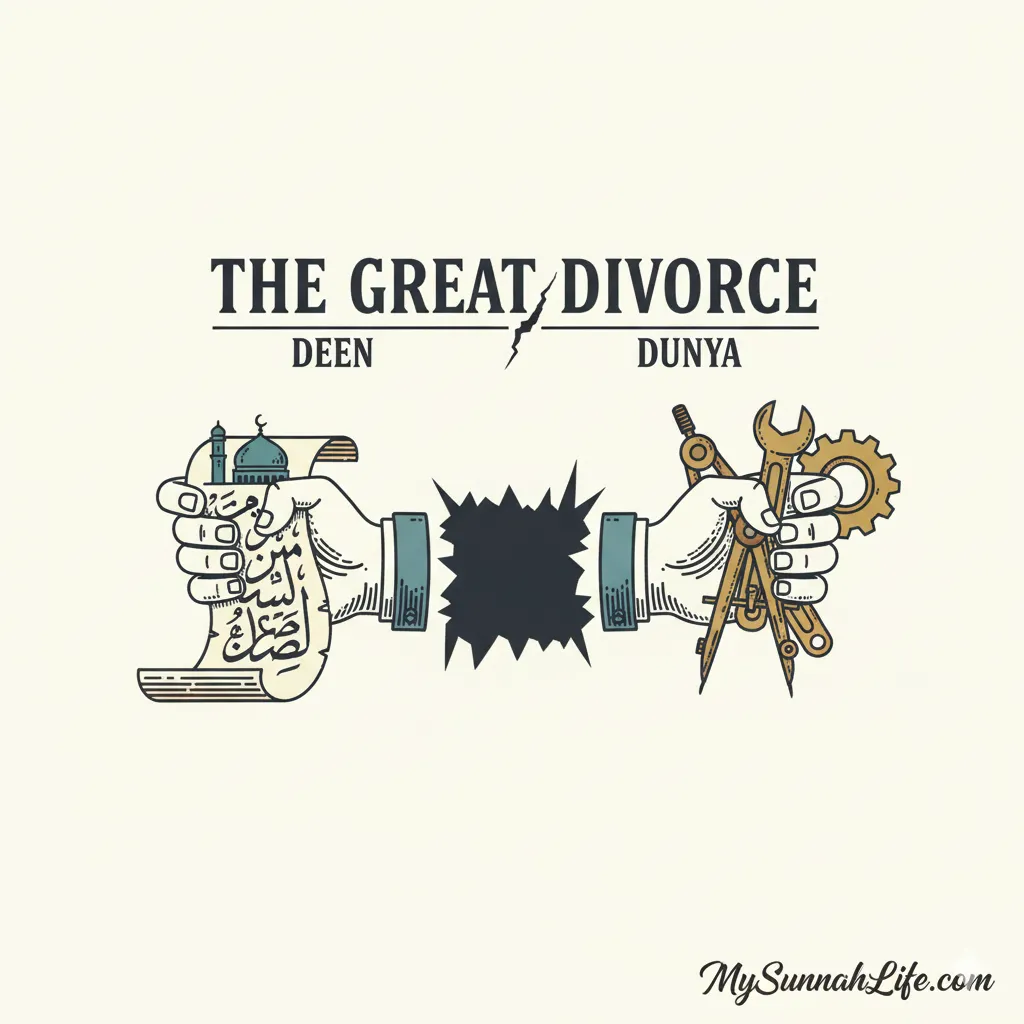
But over centuries, a slow, silent divorce began to take place.
The Deen and the Dunya were separated. Religion became, for many, a set of private rituals, a comfort for the soul confined to the mosque and the home. The pursuit of worldly knowledge, innovation, and power was no longer seen as a vital expression of faith.
The engine stalled.
We began looking backward, not forward. Our goal shifted from creating a golden age to merely preserving the memory of one.
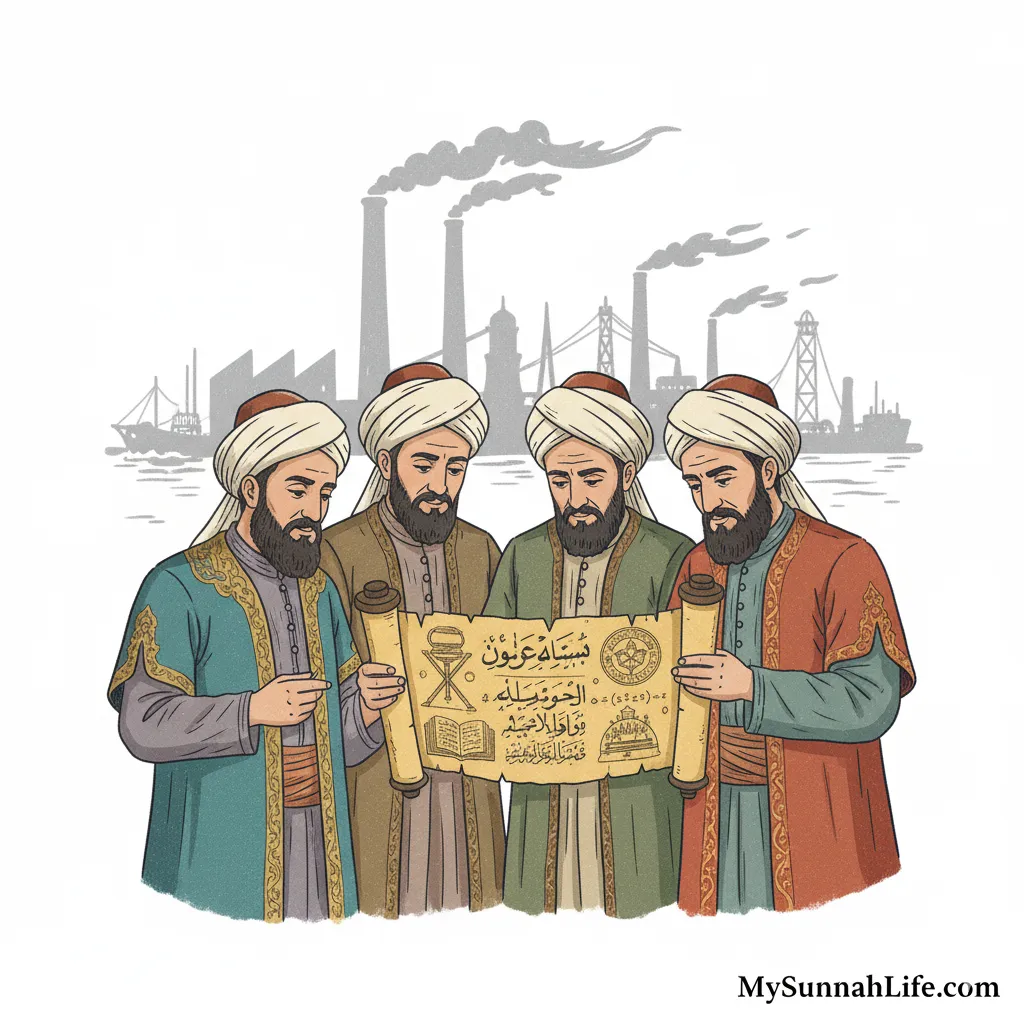
While Europe was experiencing a Renaissance, a Scientific Revolution, and an Industrial Revolution, we were content to polish the artifacts of our past. We had the works of Ibn Sina, but Europe built modern medical schools. We had the legacy of Al-Khwarizmi, but Europe built the machines that would run on his algorithms.
The Ottomans were the final guardians of this stagnating civilization. They were honorable men trying to patch the walls of a fortress, not realizing that the world had changed and the very ground beneath the fortress was being reshaped.
A New and Ruthless Power
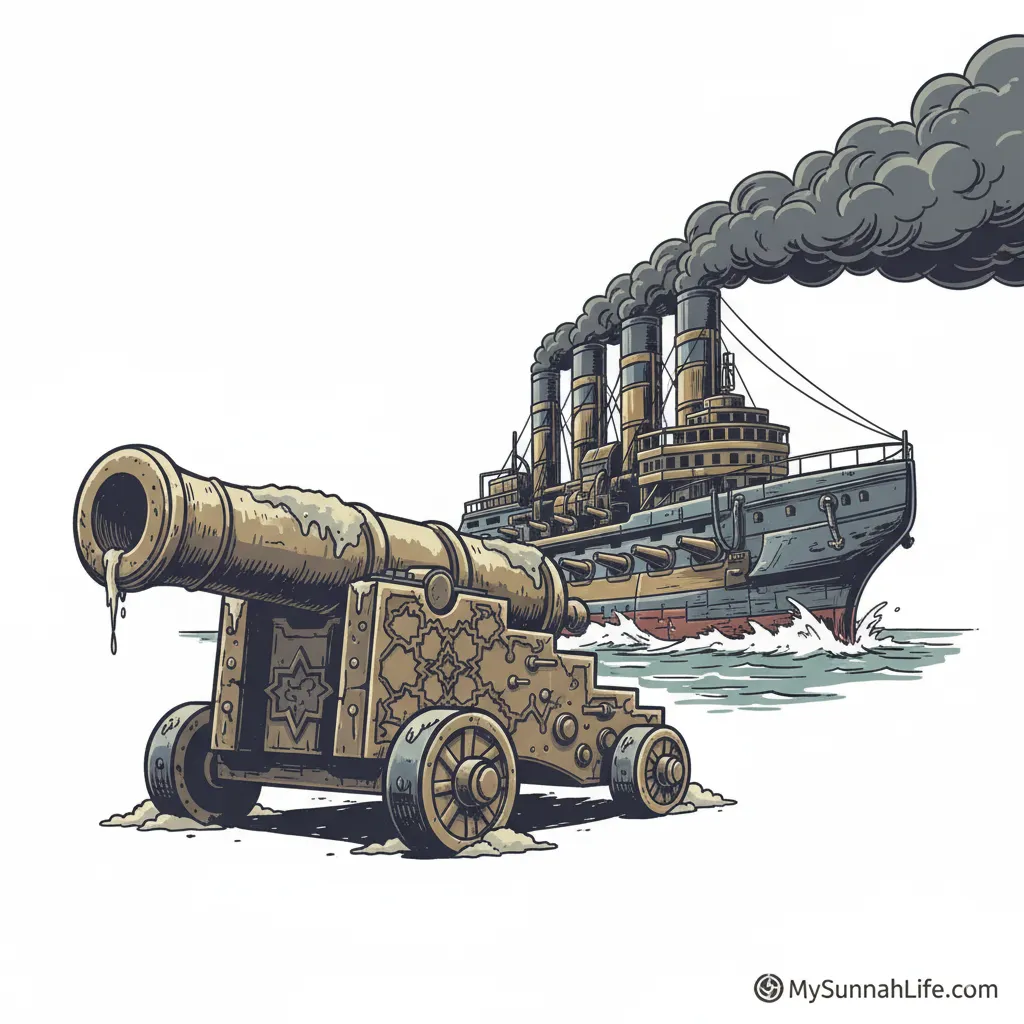
The Ottomans saw the British in India and the French in Algeria as just another set of rivals, another crusade. They failed to understand they were facing something entirely new.
Europe’s engine was different.
It ran on the fuel of industrial capitalism and a ruthless colonial ambition. It was a machine that needed to constantly devour resources, lands, and markets to survive.
The Ottomans tried to fight this new machine with old swords and old ideas. They saw a military problem when, in fact, they faced a civilizational one. They were trying to win a battle, while their opponent was changing the entire nature of the war.
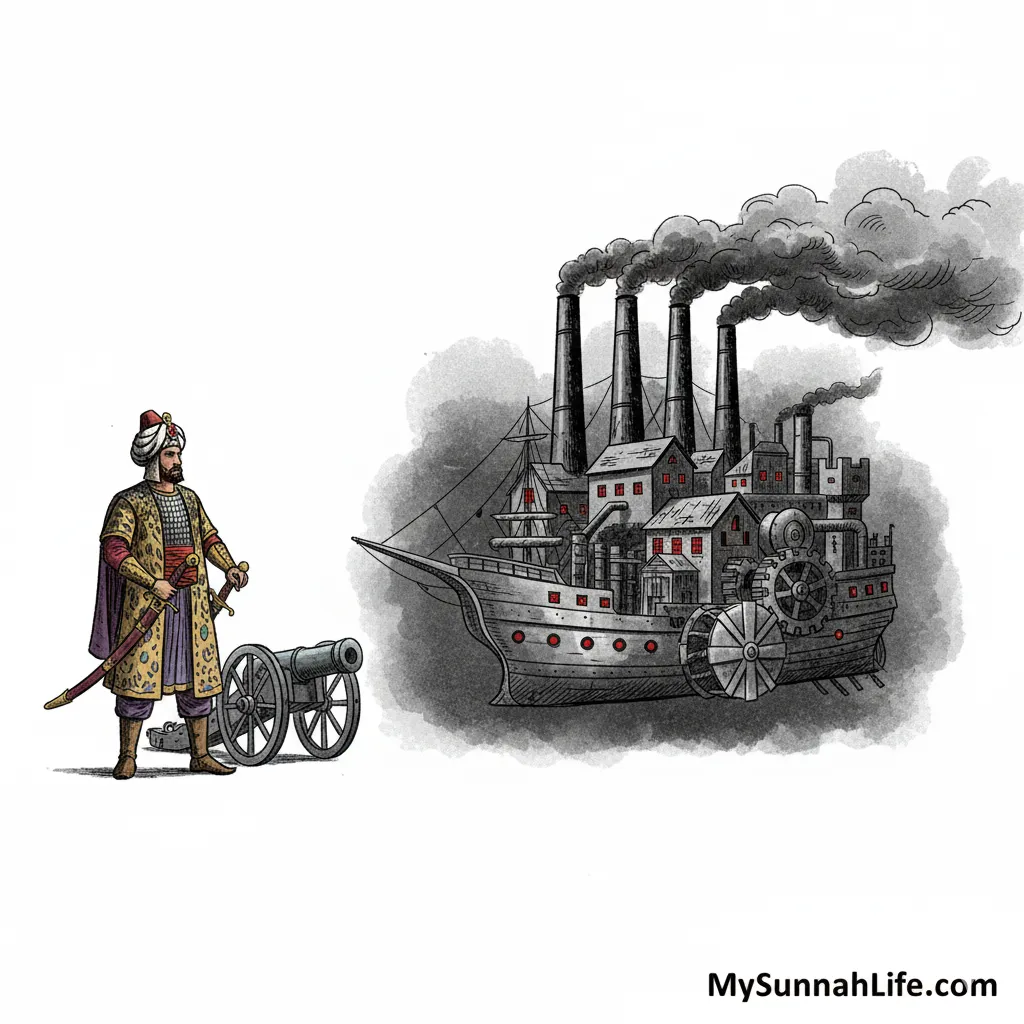
They could not stop the colonization of Muslim lands because they, like the rest of the Ummah, had forgotten how to build the very things that make a civilization strong, vibrant, and sovereign.
They had forgotten the secret of their own engine.
The lesson echoes into our world today.
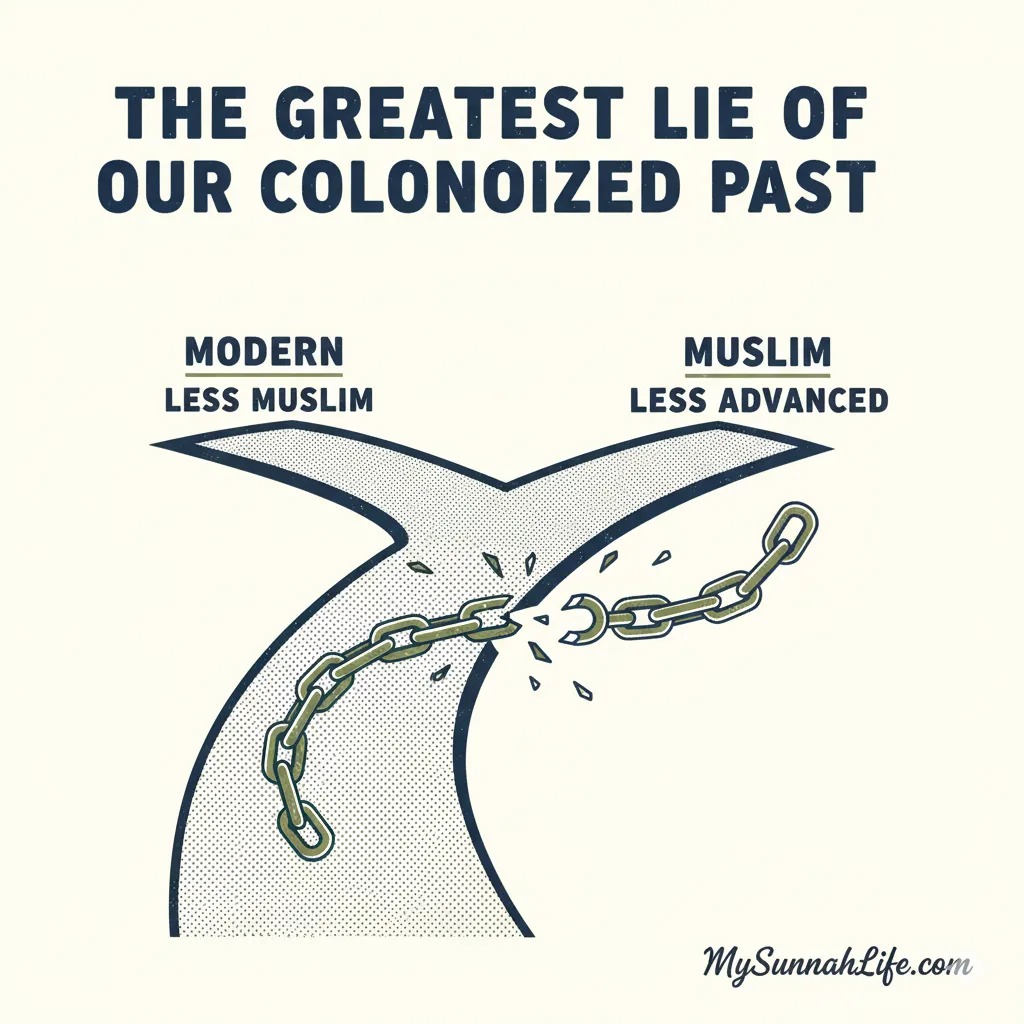
We are still told to choose between our Deen and our Dunya. We are taught that to be “modern” is to be less Muslim, and to be “Muslim” is to be less advanced.
This is the greatest lie of our colonized past.
The truth—the secret to our future—lies in understanding the secret of our failure. The strength of this Ummah was never in rejecting the world for our faith. It was in pursuing the world through our faith.
The engine stalled. The house fell. The lesson waits for us to learn it.
